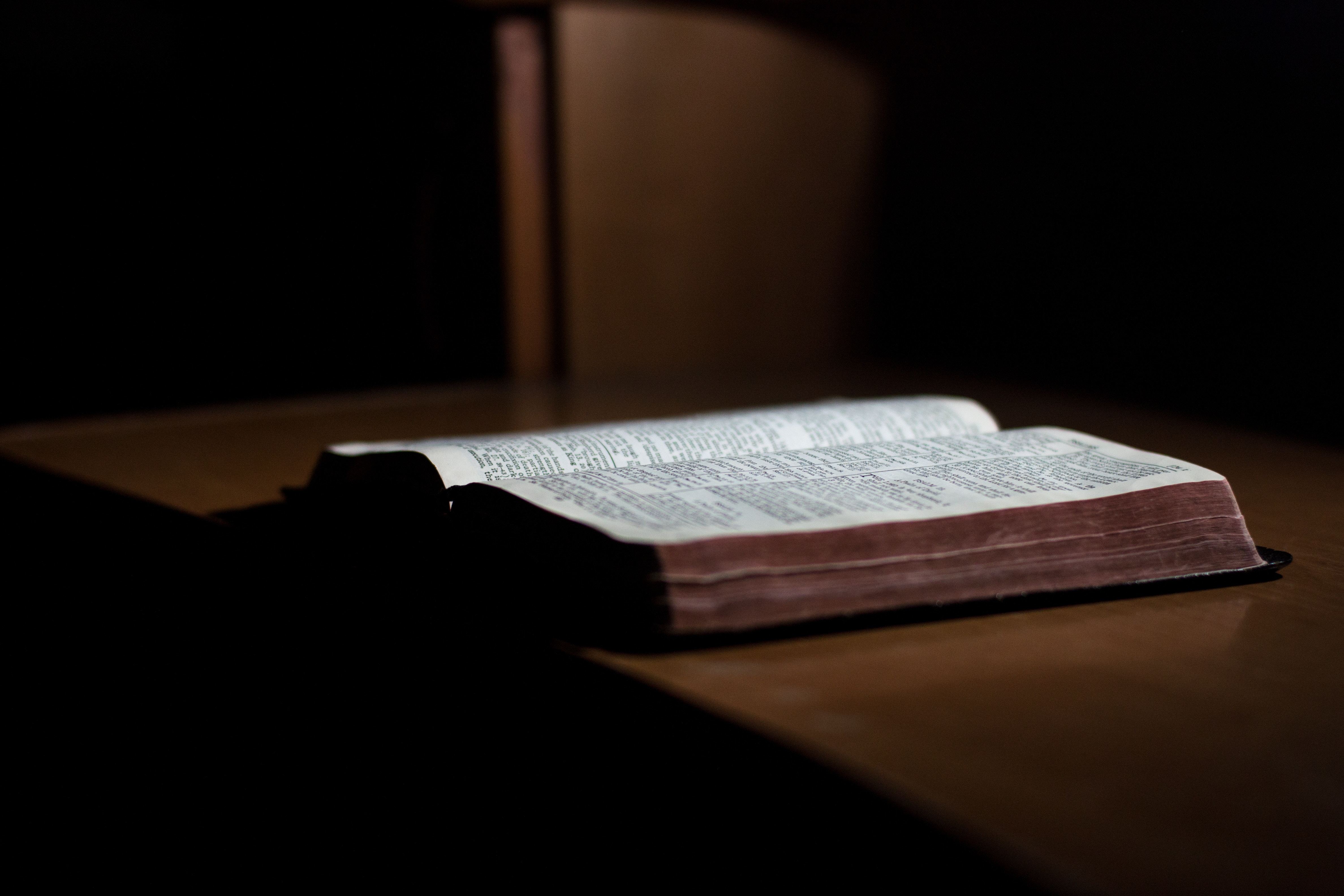
This Advent, the congregation where we worship is going to start encouraging people to do their daily bible readings from the 2-year Daily Lectionary found in the 1979 Book of Common Prayer and used elsewhere in the Lutheran Book of Worship, For All the Saints, and a host of other daily office resources.
Why this particular reading plan? There are several reasons.
First, it's ubiquitous. Many, many resources use this daily lectionary, which gives us the benefit of reading the same daily readings as millions of other Christians around the world. Even though we may be reading and praying in solitude, we will not be reading and praying alone.
Second, it ties us to the church calendar. Although the readings tend to work sequentially through books of the bible, they aren't slavishly tied to this approach and do tie themselves to the themes of the church year. I am a big fan of the cycle of the church calendar as a way to orient our worship, our study, and our lives. This rhythm links us not only with the majority of Christians around the world, it gives us continuity reaching all the way back to the early church, which quickly developed the church year as an evolution of the Jewish worship practices of the synagogue.
Finally, it's approachable and realistic. I have NEVER liked read the bible in one year approaches to daily bible reading. The bible is a big book. Trying to read it thoughtfully and contemplatively from cover to cover in a single year is just too much. Taking two years to read through almost all the bible sets a pace that allows us to slow down, pray through what we're reading, and apply it to our lives without feeling rushed.
In preparation for this new journey, which begins on the first day of Advent (2 December this year), I am starting a new daily series called "Lection Reflections," which will offer a short commentary on the daily office readings. I'm starting now to build momentum, find my voice, and develop an appropriate level of reflection and time commitment for each day--though I probably will not write on the weekends. I intend primarily to link the text to the larger narrative of the bible but will probably also offer some observations from the church fathers to connect us more deeply to the faith we have had handed down to us by the faithful.
Photo by John-Mark Smith on Unsplash
